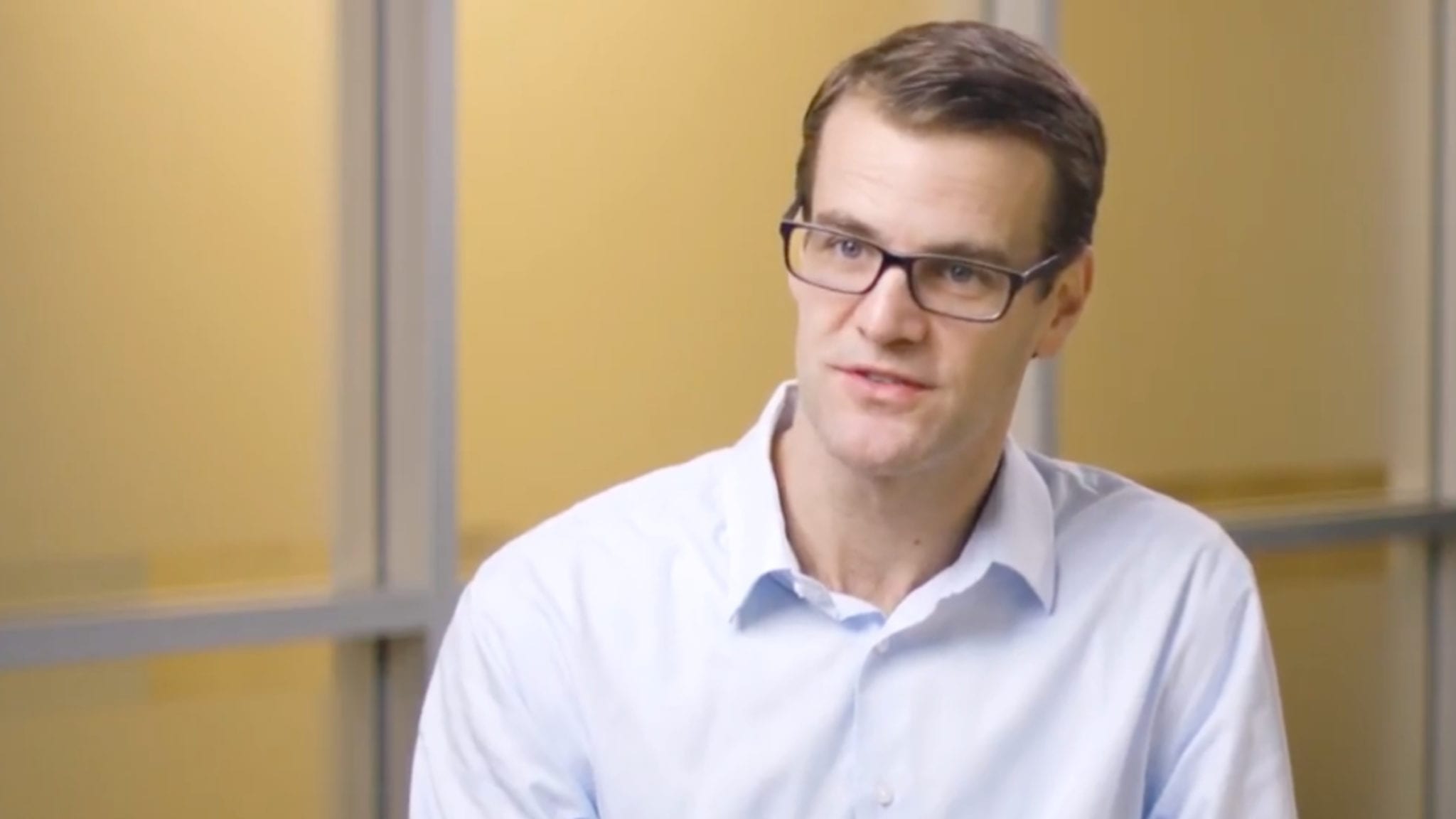
On morning of FDA Covid-19 adcomm, Moderna completes PhIII enrollment, putting them neck-and-neck with Pfizer
Weeks away from a potential EUA application, Moderna announced they have completed enrollment in their 30,000-person Phase III Covid-19 vaccine trial, with over a third of volunteers non-white and a quarter over the age of 65.
The announcement caps what has been the most closely-watched recruitment race in the history of drug development, as Pfizer and Moderna rushed to get enough volunteers to prove whether or not experimental vaccines could actually protect people from contracting Covid-19. Pfizer reached that mark on Sept. 15. Moderna said around the same time that they would slow down enrollment to ensure they enrolled enough participants from minority and at-risk groups.
Unlock this article instantly by becoming a free subscriber.
You’ll get access to free articles each month, plus you can customize what newsletters get delivered to your inbox each week, including breaking news.